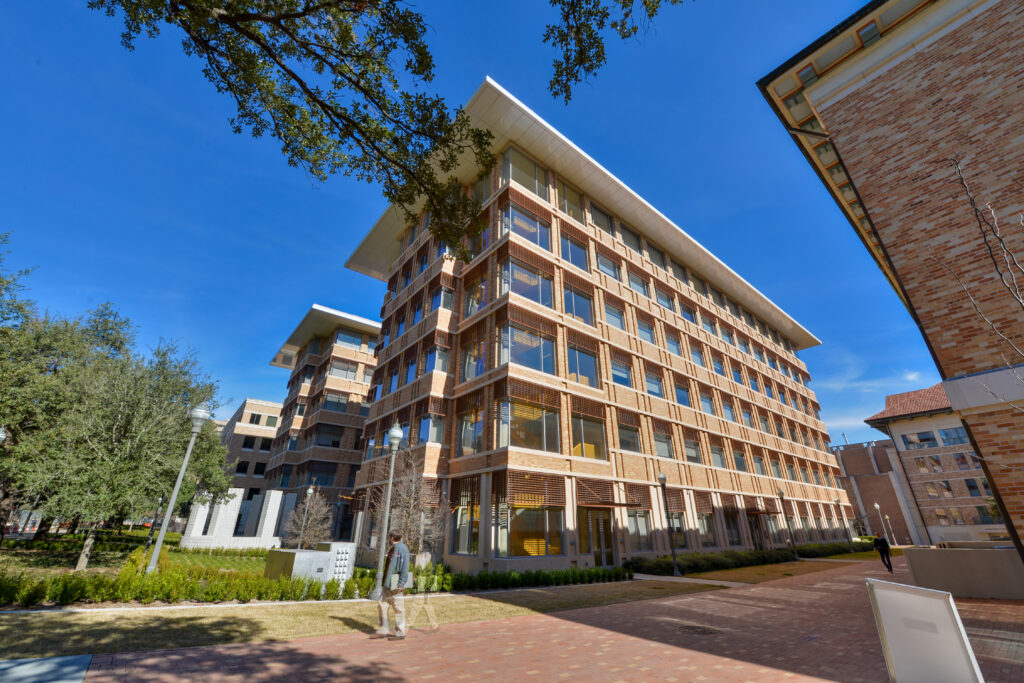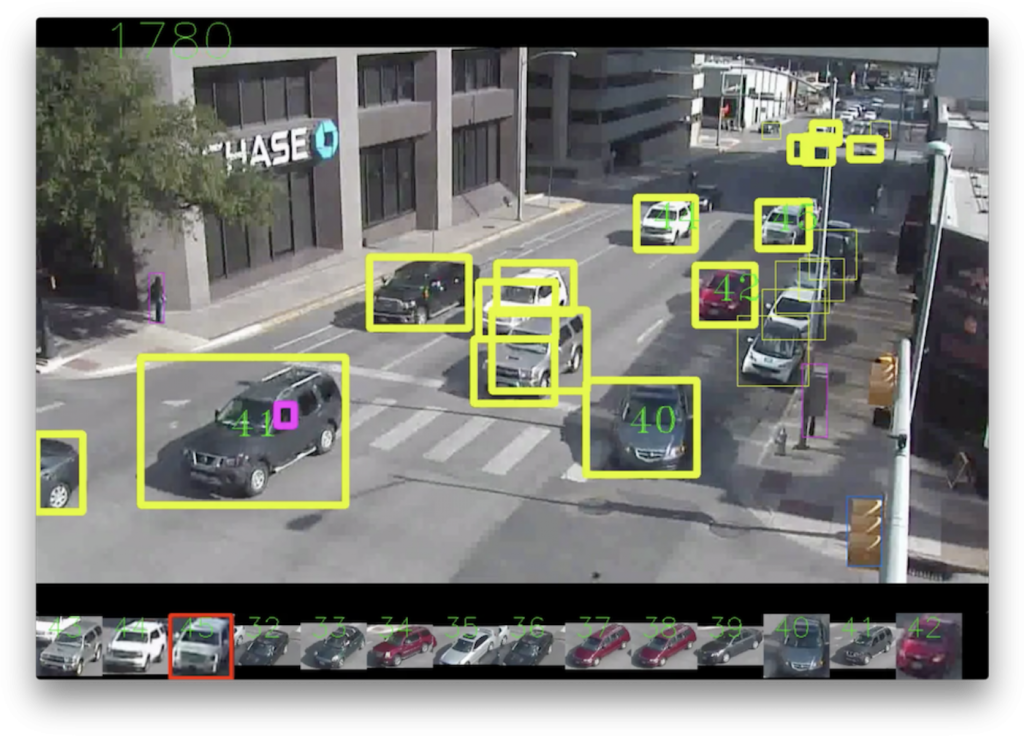
The National Science Foundation on Wednesday announced the selection of the University of Texas at Austin to lead the NSF AI Institute for Foundations of Machine Learning.
UT is spearheading one of five NSF AI Institutes nationwide and each one will receive $20 million in funding.
The UT NSF AI Institute for Foundations and Machine Learning will focus on major theoretical challenges in artificial intelligence including creating new algorithms, neural networks, and robotics.
“Many of the world’s greatest problems and challenges can be solved with the assistance of artificial intelligence, and it’s only fitting, given UT’s history of accomplishment in this area along with the booming tech sector in Austin, that this new NSF Institute be housed right here on the Forty Acres,” UT Austin interim President Jay Hartzell said in a news release.
Partners for the UT institute include the City of Austin, Facebook, Netflix, YouTube, and Dell Technologies. And UT will collaborate with researchers at the University of Washington, Wichita State University, and Microsoft Research.

A new deep learning tool uses raw traffic camera footage from City of Austin cameras to recognize objects – people, cars, buses, trucks, bicycles, motorcycles, and traffic lights – and characterize how those objects move and interact. Image by Texas Advanced Computing Center/Center for Transportation Research.
Read more: https://cns.utexas.edu/news/artificial-intelligence-and-supercomputers-to-help-alleviate-urban-traffic-problems
Overall, the AI industry is booming with more than $191 billion in revenue by 2024, growing at a rate of 37 percent annually, according to Market Research Engine. Austin has a strong foothold in the industry with companies like SparkCognition, CognitiveScale Hypergiant Industries, Cerebri AI, OJO Labs, REX, and others.
UT Austin has also created the new Machine Learning Laboratory, which will house the AI Institute and serve as a place for data scientists, mathematicians, roboticists, engineers, and ethicists to collaborate. Tech entrepreneurs and UT Alumni Zaib and Amir Husain donated to the Machine Learning Lab.
The UT NSF AI Institute will be led by Adam Klivans, a UT computer science professor. He will also direct the Machine Learning Laboratory along with Alex Dimakis, associate professor of electrical engineering and computer engineering.

Adam Klivans is a professor of computer science at The University of Texas at Austin and director of the NSF AI Institute for Foundations of Machine Learning and of the Machine Learning Laboratory. Credit: University of Texas at Austin.
“Machine learning can be used to predict which of thousands of recently formulated drugs might be most effective as a COVID-19 therapeutic, bypassing exhaustive laboratory trial and error,” Klivans said in a news release. “Modern datasets, however, are often diffuse or noisy and tend to confound current techniques. Our AI institute will dig deep into the foundations of machine learning so that new AI systems will be robust to these challenges.”
UT is also creating a new Masters Degree program in AI and plans to create additional AI programming geared to high school students and working professionals.

A new method for object detection, called ExtremeNet, performs on-par with state-of-the-art region-based detection methods. Credit: Philipp Krähenbühl/University of Texas at Austin.
Read more: http://www.philkr.net/media/zhou2019bottom.pdf
In addition to UT, the NSF’s other AI Institutes include:
- NSF AI Institute for Research on Trustworthy AI in Weather, Climate, and Coastal Oceanography, led by a team at the University of Oklahoma, Norman
- NSF AI Institute for Student-AI Teaming, led by a team at the University of Colorado, Boulder
- NSF AI Institute for Molecular Discovery, Synthetic Strategy, and Manufacturing (or the NSF Molecule Maker Lab), led by a team at the University of Illinois at Urbana-Champaign
- NSF AI Institute for Artificial Intelligence and Fundamental Interactions, led by a team at the Massachusetts Institute of Technology.
The United States Department of Agriculture also announced two AI-focused institutes that will receive $40 million in funding over the next five years. They are the USDA-NIFA AI Institute for Next Generation Food Systems, led by a team at the University of California, Davis, and the USDA-NIFA AI Institute for Future Agricultural Resilience, Management, and Sustainability, led by a team at the University of Illinois at Urbana-Champaign.

